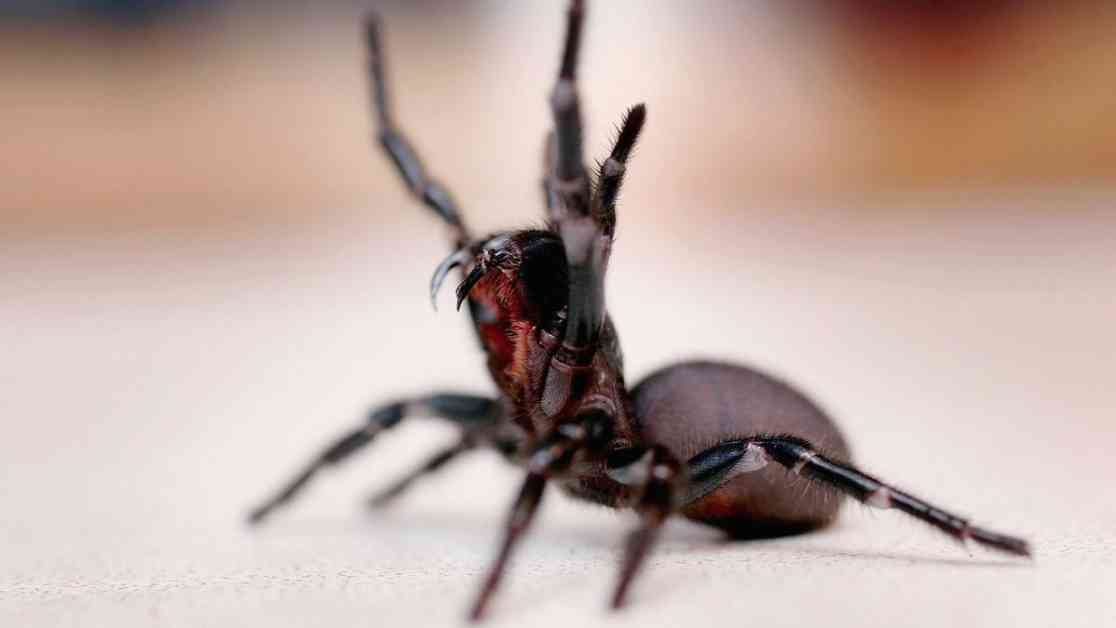Scientists are testing a new drug inspired by spider venom to reverse heart attack damage. The drug, called Hi1a, mimics a protein made by Australian funnel-web spiders and works by preventing heart tissue from becoming too acidic during a heart attack. The hope is that Hi1a will be the first drug to directly treat tissue injury caused by heart attacks.
The team plans to start testing the safety of Hi1a in a clinical trial in Australia next summer. While the drug will initially be developed for hospital use, the team aims for it to be administered by first responders in the future. The optimal timing for administering the drug post-heart attack is still unknown, but researchers believe it does not have to be delivered quickly.
Hi1a can also potentially increase the number of donor hearts available for transplantation by protecting donor hearts from damage during the retrieval process. The drug targets a passageway called acid-sensing ion channel 1a (ASIC1a), which plays a role in allowing substances to move in and out of cells in the body.
Research has shown that Hi1a could protect the heart from damage caused by a lack of blood flow during a heart attack in mice and human heart muscle cells in a petri dish. However, the drug may have different effects on animals that prey on funnel-web spiders, causing pain rather than protection.
If the initial human trial is successful, the research team will move on to larger trials to further determine the safety and efficacy of the drug. Clinical trials take years to complete, so it may be a while before Hi1a is available to patients. While several drugs to reverse heart damage have shown promise in animals, they have failed in trials in the past.
Dr. Heerajnarain Bulluck, a consultant cardiologist, notes that the only cardioprotective drug to reach a Phase III trial was not approved due to leading to strokes. The development of Hi1a offers hope for a new approach to treating heart attack damage, but further research is needed to confirm its effectiveness and safety in humans.




